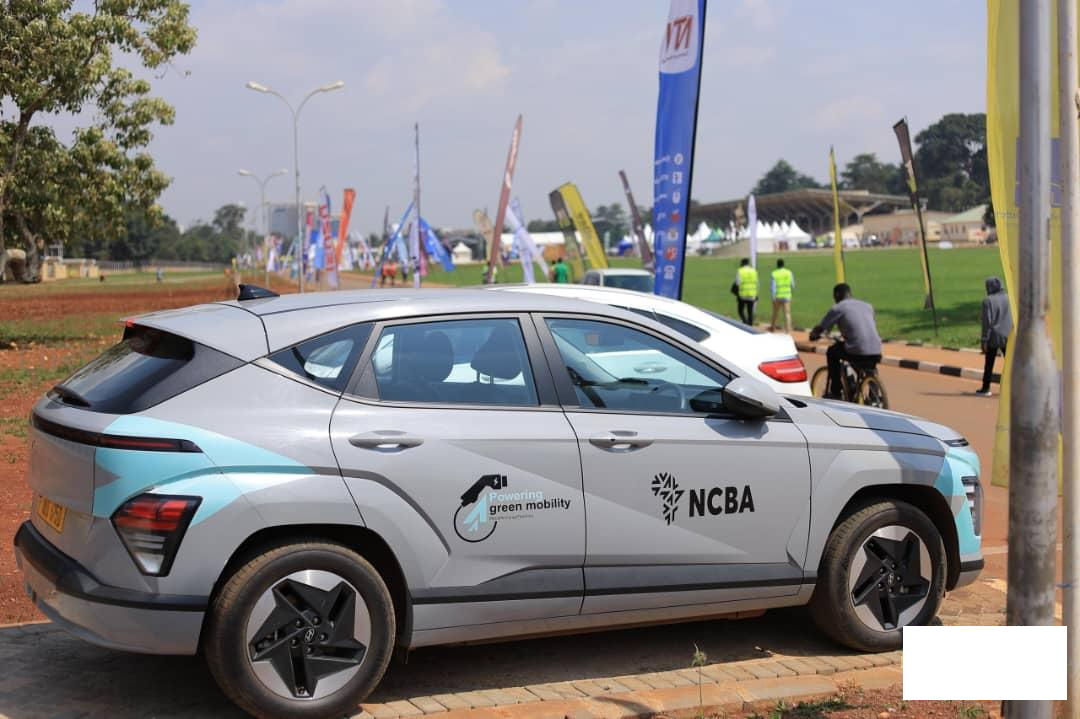Climate Change
Electric Vehicles Accelerate into Uganda’s Mainstream as Costs Fall and Financing Grows
The shift toward electric vehicles (EVs) in Uganda is gathering unprecedented momentum, with industry experts forecasting faster-than-expected adoption driven by declining scepticism, increased financial support, and a growing awareness of eco-friendly transport benefits.
Long viewed as costly and impractical, electric and hybrid vehicles are now becoming more accessible to everyday Ugandans, thanks in part to flexible financing packages, supportive banks, and a rise in homegrown innovation like that of Kiira Motors Corporation.
“For many Ugandans, cost has been the biggest obstacle to owning an electric or hybrid vehicle,” said Allen Ssempa, Strategic Partnerships Lead at Auto Show Kampala. “But now, with tailored credit products and structured repayment plans, eco-friendly mobility is no longer a distant dream—it’s a realistic option for everyday drivers.”
Industry insiders report a sharp decline in consumer scepticism around EV durability and maintenance, with cost remaining the primary challenge. Yet even that hurdle is being lowered as financial institutions unveil green vehicle loans offering lower interest rates, extended repayment terms, and minimal collateral requirements.
“We’re now seeing more middle-income Ugandans entering the EV market, particularly in urban centres like Kampala and Entebbe,” said Adad Araguha, Head of Asset Finance at NCBA Bank. “The shift toward electric vehicles isn’t just about early adopters or big corporations anymore—it’s becoming personal.”
NCBA Bank and other financial institutions are increasingly partnering with EV distributors and dealers to streamline the process from showroom to street, offering a seamless financing-to-ownership experience.
Beyond individual buyers, the EV revolution is spreading across sectors. Schools, hospitals, tour operators, and logistics companies are now tapping into green financing to build cleaner, more cost-effective fleets.
“Institutions are realising that switching to electric doesn’t just help the environment—it also makes economic sense,” Araguha noted. “With fewer maintenance needs, no fuel dependency, and government support for cleaner energy, it’s a strategic long-term investment.”
EVs offer a compelling economic case: lower running costs, fewer breakdowns, and reduced dependence on fossil fuels. Many Ugandans are now making the connection between short-term costs and long-term value, especially amid fluctuating fuel prices and rising environmental awareness.
“The appeal lies not only in the environmental impact, but also in peace of mind and financial savings over time,” said Ssempa. “For cost-conscious families, the math is starting to make sense.”
These trends will take centre stage at the Kampala Auto Show, scheduled for this weekend at the Kololo Ceremonial Grounds. The event will feature over 50 exhibitors from the mobility ecosystem, including EV manufacturers, spare parts dealers, financiers, insurers, and mobility innovators.
“This year’s show promises an inspiring mix of exhibitors and activities,” said John Bosco Birungi, Brand Manager – Print at Monitor Publications Limited. “We want visitors to not only explore the latest in EV technology, but to truly see the future of driving in Uganda.”
The Auto Show aims to deepen awareness, education, and enthusiasm around electric and hybrid mobility through interactive exhibits, financing consultations, and live demonstrations.
As the world shifts toward cleaner transport solutions, Uganda is steadily finding its place in the global EV movement. With supportive banks, innovative local manufacturers, and rising consumer demand, the future of mobility in Uganda is no longer fuelled by fossil fuels, but by innovation, finance, and sustainability.
Comments



























